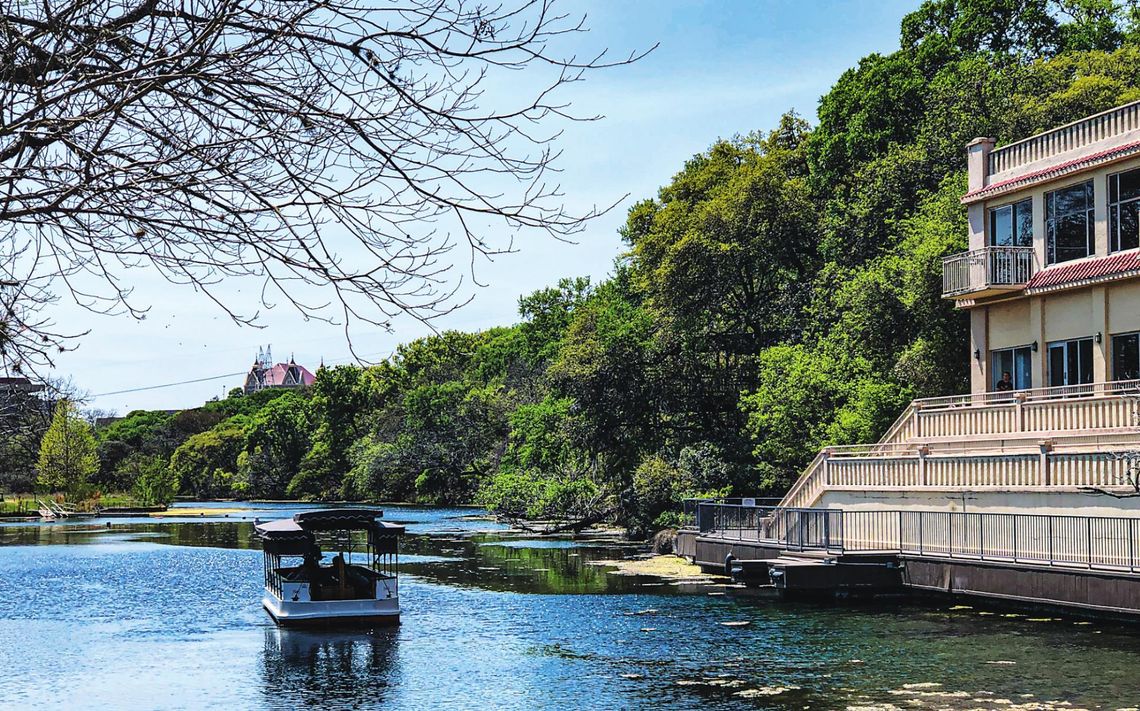Congress recently awarded Texas State University more than $21 million.
The university receives the allocation through H.R. 2471, the “Consolidated Appropriations Act, 2022,” which will provide full-year funding for projects and activities of the federal government and authorizations and extensions on a variety of government-sponsored projects and activities through Sept. 30, Texas State said.
The Meadows Center for Water and the Environment, Advanced Law Enforcement Rapid Response Training (ALERRT) Center and Texas State’s STEM-for-All Partnership (RRSAP) and Research Initiative are among the programs and activities that will receive funding from the “Consol-idated Appropriations Act 2022.”








